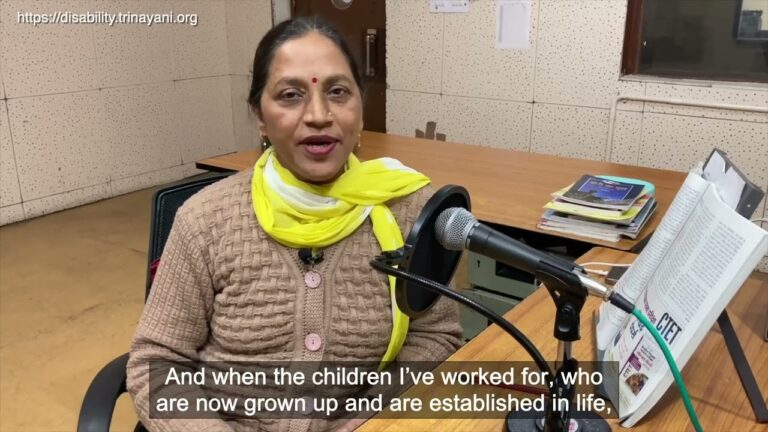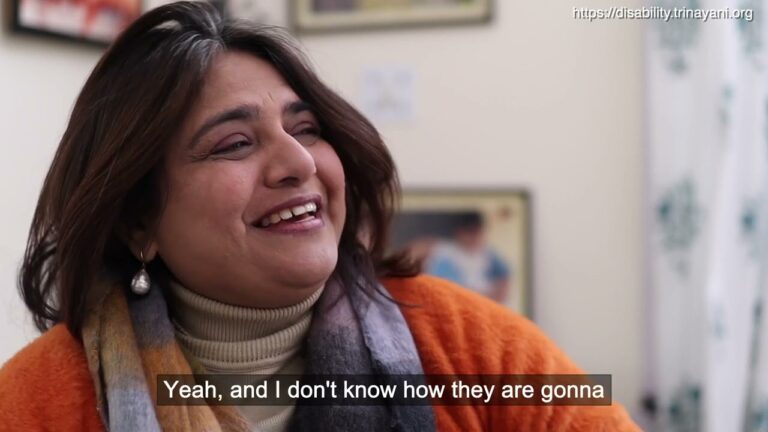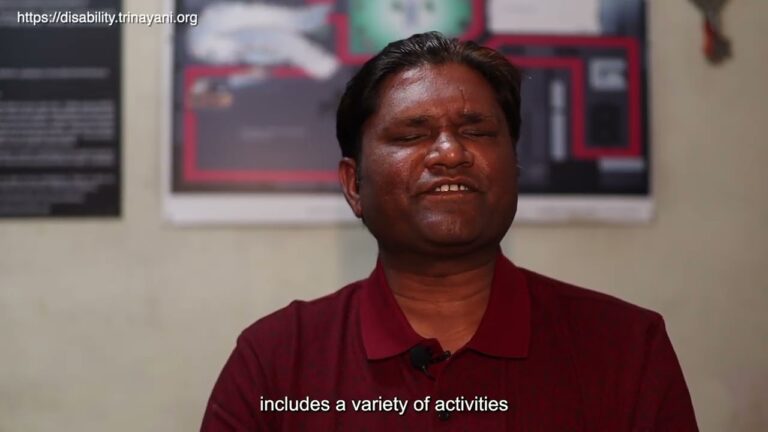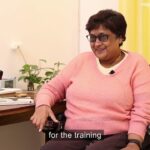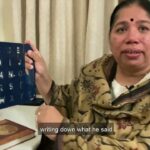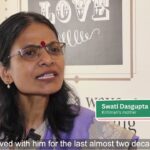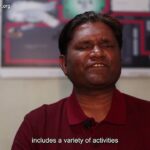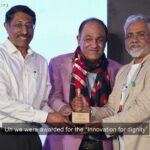Tabitha Enabling Academy – Kohima
This film brings you the journey of Tabitha Enabling Academy, a special school in Kohima, Nagaland, told through the voices of Asanuo Seb Thong (Administrator) and Vekutilu Vese Ngone (Principal).
In a region where disability is often misunderstood as a curse and inclusion is still a distant goal, Tabitha Academy is educating children with disabilities, training them in vocational skills, and challenging deep-rooted stigma in society.
This film is about what happens when children are given a chance.
You can navigate to the specific topics using the following chapters:
00:00 – Ritika Sahni’s introduction to the film
00:23 – Tabitha Enabling Academy
Dive Deeper: More on Disability
Learn about the most common inquiries surrounding disability, education, legislation, accessibility, employment and other sectors related to disability.


